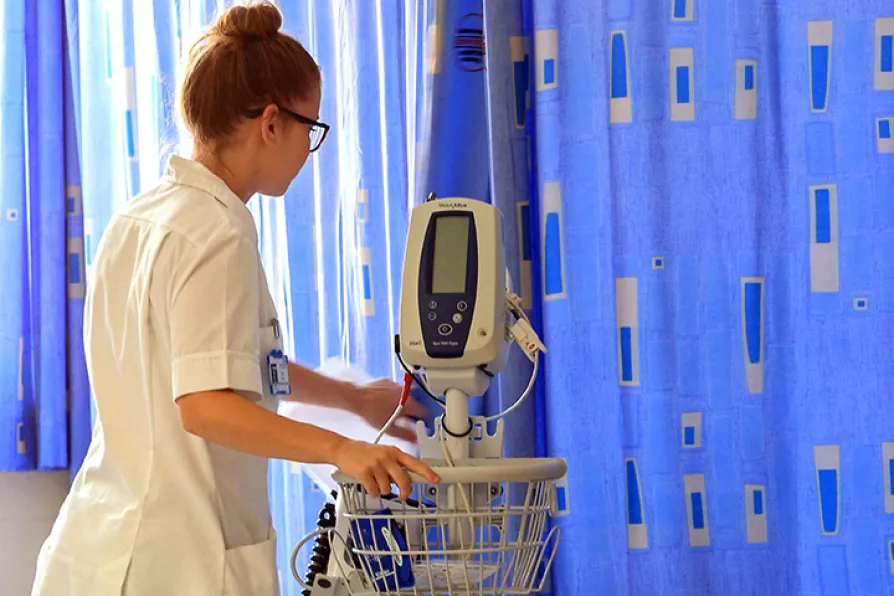The Carpathia isn’t coming to rescue this government still swimming in the mire, writes LINDA PENTZ GUNTER


THE “Uberisation” of emergency care means that safe, effective and free NHS treatment is being denied to increasing numbers of people.
What is left of our hollowed-out emergency services is now overwhelmed by an ordinary level of demand. GPs are so concerned about the waiting times for emergency ambulances they are advising patients to “get an Uber.” The result will be many more deaths at home or on the way to hospital.
When Chancellor Jeremy Hunt was health secretary, patients were discouraged from attending accident and emergency, targets were scrapped and the pay, terms and conditions of junior doctors were attacked.

We need a massive change in direction to renew a crumbling health service — that’s why Plaid Cymru has an ambitious plan to recentre primary care by recruiting 500 additional GPs and opening six new elective care hubs across Wales, writes MABON AP GWYNFOR













